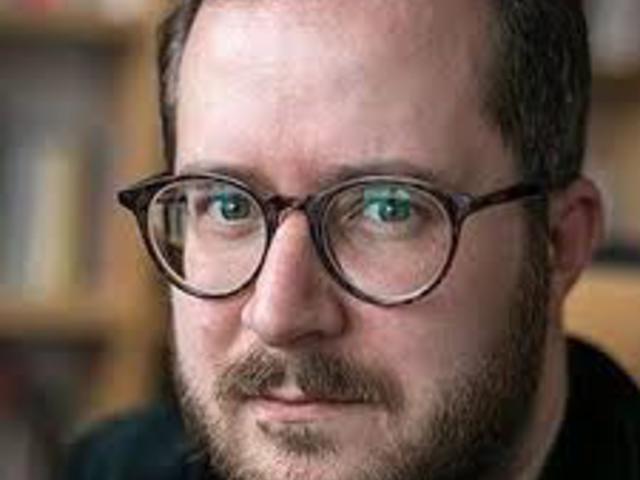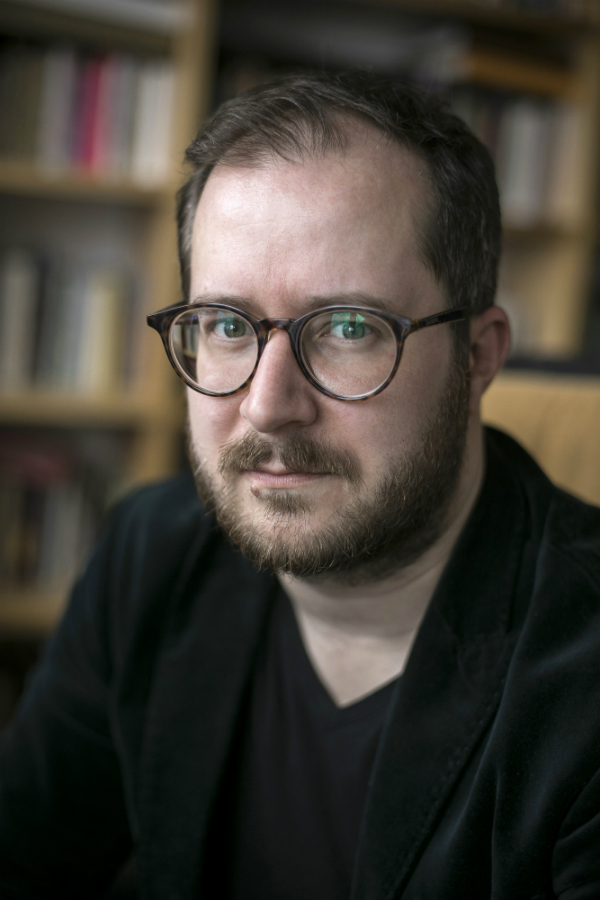


This generation grew up with the promise that after long decades of different authoritarian regimes we could finally join the democratic world, the West, Europe, where we thought we had always belonged. The first third of the novel is set in 2013 (with a short prologue from 1990), and that was a period of disillusionment for the young generation. Well it’s anger, desperation, dullness and longing at the same time. Valuska writes that already in the first third of the novel, we can feel the anger of a generation, is it only anger? These together are important aspects of the novel alongside the protagonist’s own Bildungsroman. Although one part is about a thirty-something main character in 20, there are also the polio-survivors from 1986, or the story of the pogrom in a small town in 1956, or the immigrant male nurse in the US in 1990. I think my novel has in some parts the taste of a coming-of-age story, but the structure as a whole has more layers.


I’m always a little bit sceptical about these kind of categories, while I know they are useful for allowing readers to know more or less what to expect when they open the book. Many have described it as a coming-of-age novel, how do you feel about that categorisation? The personal and the social aspects draw close, as we watch the characters struggling with their everyday lives. But his trip also tells us something about the history and the present state of Hungary. His story is also a road trip, physically and mentally, back to his hometown, to his family, and to personal memories – deep in his mind. The protagonist (or protagonists) of my book tries to recall his decisions from this point of view to understand how he became the person he finds himself to be in a moment at the beginning of the novel. Every decision is a necessary abdication the same time we choose something, we lose something. This book tells a story about the people we will never become but almost did – as referred to by the title. Thank you! I would say perhaps that this is a novel about our other personality, the one we didn’t choose when we made the decisions we made. Congratulations on your first novel, and on such a resoundingly positive reception! How would you describe this book to someone who wasn’t Hungarian?


 0 kommentar(er)
0 kommentar(er)
